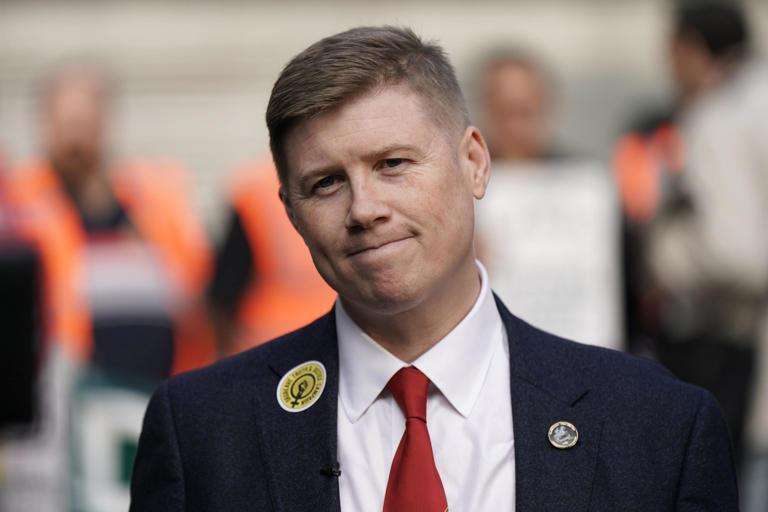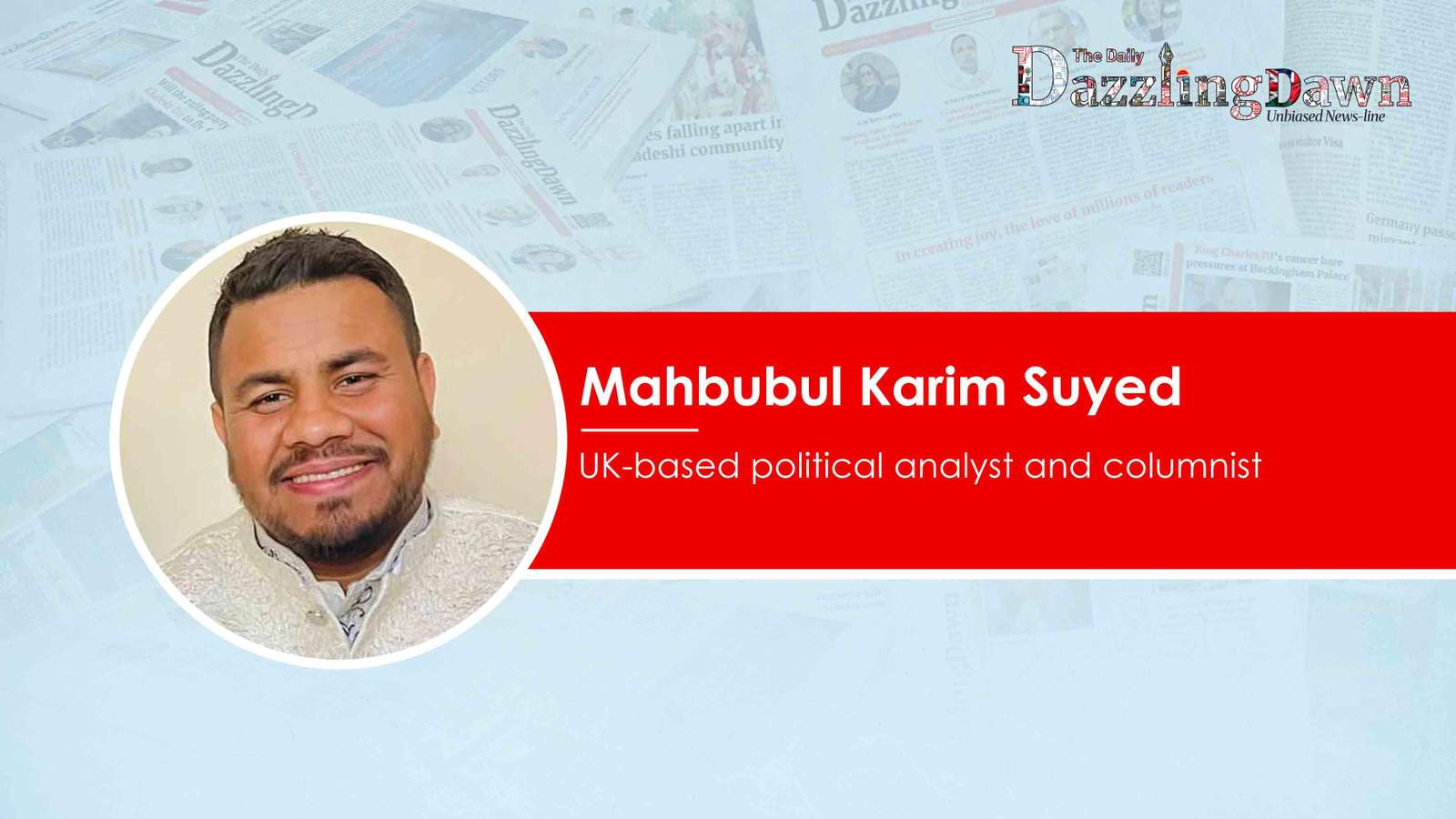In the long and often turbulent political history of Bangladesh, few moments stand out as sharply as the one we are witnessing now—a nation brought to the brink of collapse, only to find its footing again under the steady leadership of one man: Nobel Laureate Professor Muhammad Yunus. His quiet determination, measured tone, and unwavering resolve have steered the country through uncharted territory, toward a renewed sense of possibility.
A Mindset of Responsibility, Not Power
Following the banning of the Awami League and a tense standoff between the military and the interim government, many feared a return to the military-backed scenarios of 2007. But instead of confrontation, the Yunus administration chose clarity and composure. The government’s response to the military’s veiled interventions was firm: “There shall be no parallel government.” And in a defining moment, Professor Yunus declared unequivocally, “If anyone tries to pressure us, I will step down.”
Such a simple yet profound statement cut through the prevailing uncertainty. In a political culture where power is clung to with desperation, Yunus offered something radical—detachment. It was not a weakness, but a show of integrity. Where others would grab tighter, he stepped back.
Toward National Consensus
Just yesterday, the National Consensus Commission convened under the leadership of the Chief Advisor. Leaders from across the political spectrum—despite differing ideologies and strategies—gathered with one voice against fascism and in favor of an interim, transitional democratic framework.
Out of these meetings is emerging what is being called the July Charter—a proposed document of constitutional reform, backed by signatures from all major political actors. Such unity in Bangladesh’s fractious political landscape is rare, and the stakes are historic.
The Victory of the Anti-Fascist Movement
In the aftermath of last year’s July Uprising, Sheikh Hasina and many top leaders fled abroad. The Awami League was effectively dismantled. Once the dominant political machine, it has now been disbanded as a fascist entity. Students and youth leaders led the resistance. And at the center of this monumental shift stood Professor Yunus—not as a politician, but as a trusted national figure, called upon to lead in crisis.
For the first time, Bangladesh is experiencing a non-partisan, civilian interim government that has earned legitimacy not through the ballot box, but through the people’s uprising. This moral mandate has been the foundation of Yunus’s leadership.
Stabilizing the State and Reviving the Economy
Since assuming office, the Yunus-led government has worked methodically to restore economic stability. Inflation control, restoring investor confidence, appointing qualified individuals to key positions, and engaging foreign experts—all reflect a vision beyond crisis management. This is about long-term institution-building.
What he’s proving is that governance, decoupled from party politics, can be ethical, efficient, and effective.
Justice and Global Oversight
One of the boldest aspects of this transitional phase has been the open, televised trials of the former regime’s human rights abuses. For the first time in South Asian history, a former Prime Minister and her allies are being publicly tried for crimes against humanity—an unprecedented step toward accountability.
The United Nations’ report on the July Massacre laid bare the extent of atrocities committed under the previous regime. Assets are being frozen. International legal mechanisms have kicked in. This is not just justice—it’s closure. The Yunus administration, by enabling these mechanisms, has set an example that future leaders will be measured against.
Looking Ahead to Elections
The pressing question now: Will Professor Yunus deliver the final piece of the puzzle—free and fair elections? So far, his conduct suggests he will. He holds no political ambition for permanent rule. He stepped into power when the nation had no one else to turn to. And now, he appears determined to leave the stage after ensuring a credible democratic transition.
Yunus may not be a career politician, but in his twilight years, he is offering the nation what few have: hope grounded in realism. If the July Charter is adopted and constitutional reforms take place, his brief tenure could become one of the most consequential in Bangladesh’s modern history.
The choice between Yunus as a “success” or a “failure” will not be decided by speeches or symbolism—it will be judged by what he builds and what he leaves behind. So far, the evidence points to a man who is delivering on a nation’s dream when it needed it most.
⸻
Author: Mahbubul Karim Suyed
UK-based political analyst and columnist


_1.jpg)





.svg)
